| This blog explores social attitudes in Jane Austen's time, discusses her novels, reviews forgotten 18th century novels, and throws some occasional shade at the modern academy. The introductory post is here. My "six simple questions for academics" post is here. |
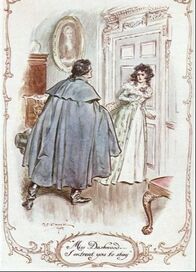 Shocker!
Shocker! In the previous post I discussed the possibility, floated by Austen expert Robert Morrison, that Marianne Dashwood was hiding a secret pregnancy in Sense and Sensibility. After a careful re-read of the novel, I've concluded that making Marianne pregnant contradicts the central preoccupation of the main characters as reiterated throughout the conclusion of the novel. To explain what I mean, let's start by recapping the set-up for the dramatic scene when Willoughby arrives at Cleveland, the country estate of Mrs. Jenning's daughter, late at night.
Marianne Dashwood fell seriously ill at Cleveland on her return trip from London. Her hosts, Mr. and Mrs. Palmer, leave the house so their baby does not catch Marianne's infection. Their other house guest, Colonel Brandon, hurries off in his carriage to fetch Marianne's mother. That leaves Elinor, Mrs. Jennings, and the servants.
Marianne is feverish and delirious, but fortunately she pulls through and falls into a restful sleep. Once she is pronounced out of danger by the apothecary, Mrs. Jennings goes to her own room "to write letters and sleep." Elinor is too happy to sleep, so she is sitting by Marianne's bedside when she hears a carriage arrive. She summons Betsy, Mrs. Jenning's maid, to stay with Marianne and she goes downstairs. To her shock, it's Willoughby, the cad who jilted her sister. He explains he came to Cleveland to persuade Marianne and Elinor to hate him "one degree less" than they surely must "do now." He exclaims: "Tell me honestly... do you think me most a knave or a fool?”
Who cares if Willoughby had the opportunity to rehabilitate his character? Who cares if we “hate [him] one degree less than [we] do now”? I know I wouldn't have given him the patient hearing that Elinor did, so I didn't miss the absence of this scene in the 1995 movie. However, as I carefully re-listened to the book, I finally get what Willoughby was driving at...
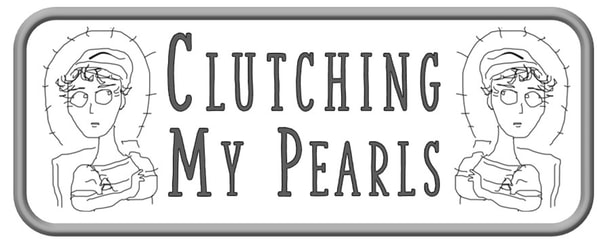
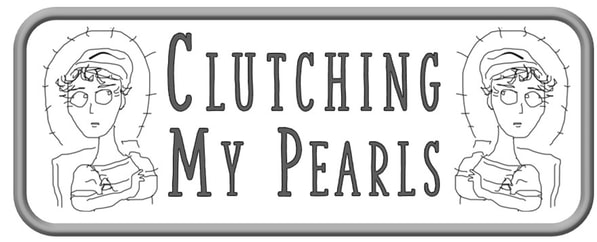
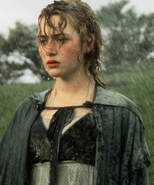
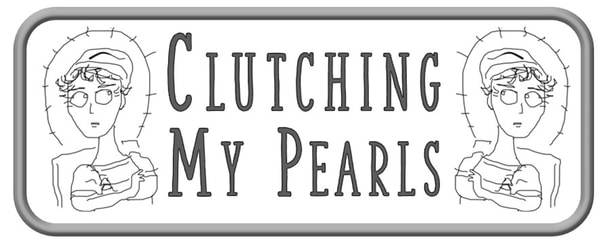
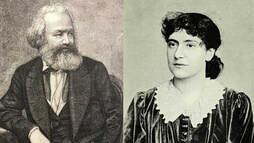
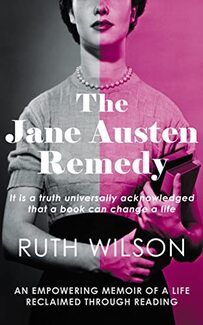
 RSS Feed
RSS Feed